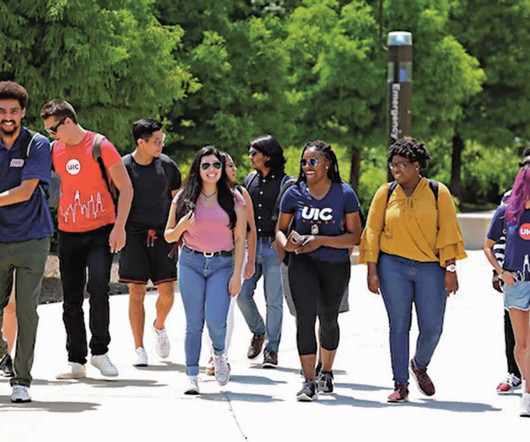Beyond the Numbers: What Families Really Want from the Financial Aid Process
School & Student Services by Community Brands
JULY 1, 2025
With more school‑choice options available—from open enrollment public charter schools to vouchers, tax‑credit scholarships, and Education Savings Accounts—families are navigating what feels like a new frontier of educational possibility. FAFSA completion events: Colleges offer on-site assistance nights.












Let's personalize your content